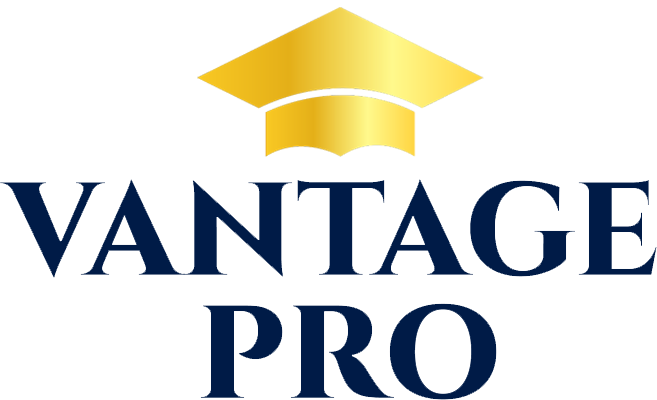MBA in finance + CMT (Online)
XYZ
A specialized program Integrating finance, Investment strategies, and Technical analysis for careers in Trading, Asset management, and Risk analysis. It covers Corporate finance, Portfolio management, and Market analytics, Equipping graduates for roles in Investment firms, Hedge funds, and Fintech.
- (0 Reviews)
Course Features
No features available for this course.
Begin Your MBA in Finance + CMT Journey with Vantage
Learning Outcomes

Technical Analysis
Strategic Decision Making
Regulatory & Ethical Compliance
Algorithmic Trading
Trading Strategies & Market Research
Hedge Fund Strategies
Portfolio Optimization
Liquidity Management
Behavioral Finance
Asset Allocation & Portfolio Optimization
MBA in Finance + CMT Roadmap at Vantage Knowledge Academy

Our Placements
Career Opportunities
Investment & Asset Management
Optimizing portfolios and analyzing investments for clients or institutions.
Trading & Market Research
Executing trades and analyzing market trends to develop strategies.
Regulatory Compliance Analyst
Ensuring adherence to financial regulations in trading and investment firms.

Corporate Finance & Treasury
Managing a company’s liquidity, funding, and risk exposure.
Hedge Fund Analyst
Identifying high-return investment opportunities.
Algorithmic Trading Developer
Creating automated trading strategies using quantitative models.
Choose The Right Course For You.
FAQs
What is an MBA in Finance + CMT?
Who is eligible for MBA in Finance + CMT?
How long does it take to complete an MBA in Finance + CMT?
Can I pursue CMT while doing an MBA in Finance?
What are the career opportunities after completing MBA in Finance + CMT?
Is CMT globally recognized?
What is the salary after MBA in Finance + CMT?
How does CMT differ from CFA?
Can I work full-time while preparing for CMT?
Where can I enroll for MBA in Finance + CMT?
Does Vantage Knowledge Academy provide placement assistance?
What are the learning modes available, and can I switch between them?
Are live classes, recorded lectures, and study materials provided?
What is the class schedule, and are doubt-clearing sessions available?











